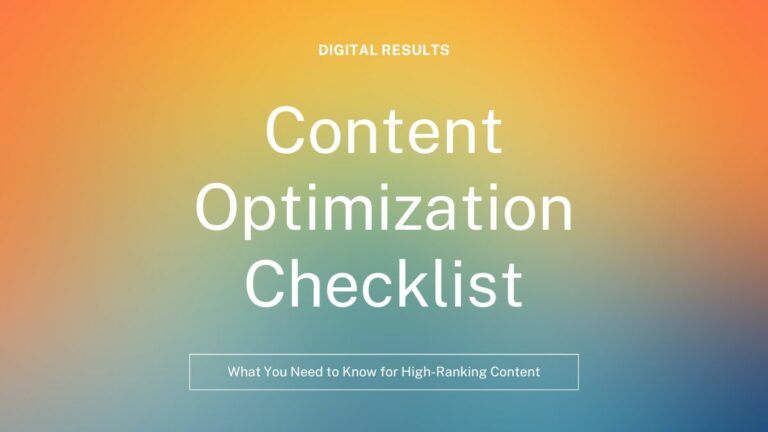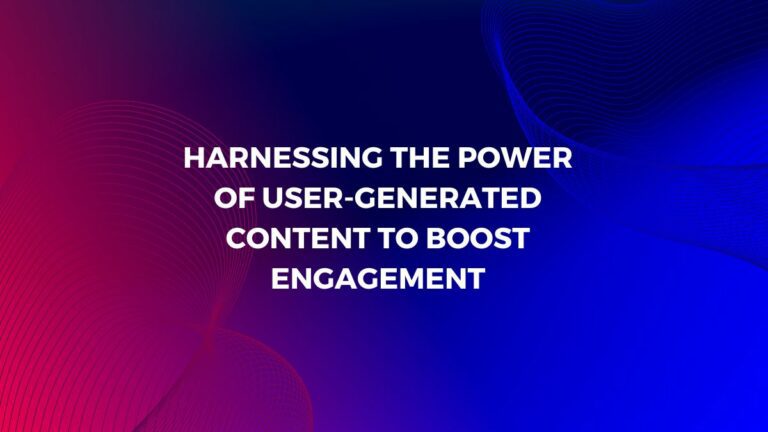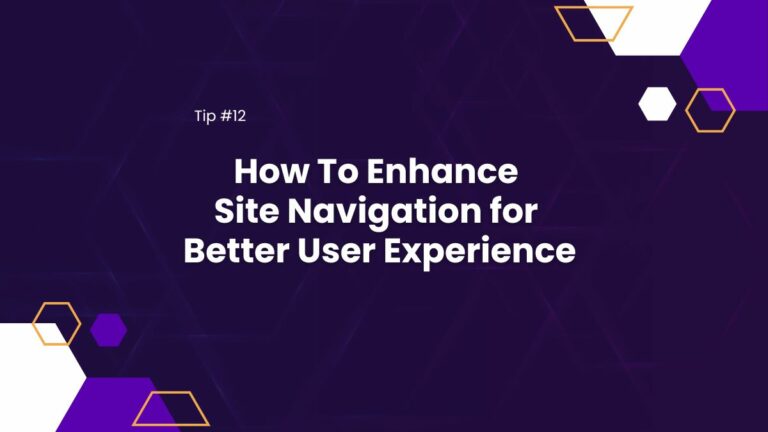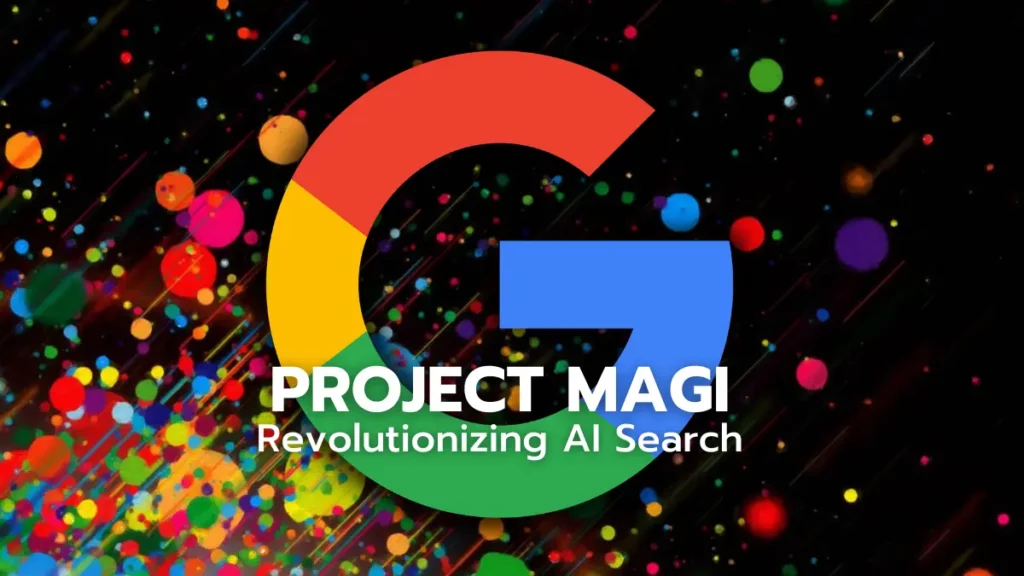
Google Project Magi
Revolutionizing AI Search
Google’s Project Magi is taking the next step in its evolution as a search engine by integrating natural language processing (NLP) and Generative AI (GenAI) into its search algorithm. Project Magi will allow Google to process queries at a more advanced level than before and deliver better results for users—simply because they will be capable of understanding what people mean when they ask questions rather than simply looking for keywords across pages on the web.
Project Magi is a secret project that Google has worked on for years. According to the New York Times, Google has devoted more than 160 of its engineers to Project Magi. The new search engine will likely become the dominant online search form, reshaping how people find and use information.
What is Google’s Project Magi?
Project Magi is a new search interface. It’s based on your activity, so it’s personalized to you. It’s a chat interface, and it also has transactional capabilities built in. It’s a new way to find information and interact with websites. It works by creating a profile of your behavior online, then using that data to make suggestions. What does that mean? It means that it can help you make purchases and book travel.
Google has been developing this tool for some time but only recently started slowly revealing its existence to the public. Unlike existing search engines that rely on people typing in queries, Google’s new Project Magi technology will allow you to ask questions about a website or business without typing anything!
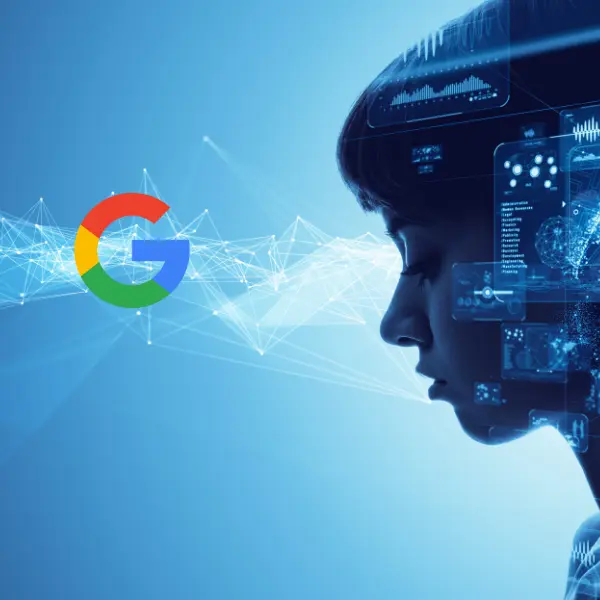
Google Magi Could Change the Way We Interact With Search Engines
Google’s Project Magi is a game-changing development in the field of search. The new search experience is expected to be easier than ever to find products, and users can even ask questions about them. For example: “How much does the new iPhone cost?” or “Where can I find the best deal on a laptop this weekend?”. If you’re interested in finding out how Magi works, read on!
Why is Project Magi Important to Digital Marketers?
Project Magi is a big deal for digital marketers because it means we can interact with search engines in a whole new way. Because of this, it could have a big impact on how businesses do SEO, PPC, and content marketing. Here are some potential effects:
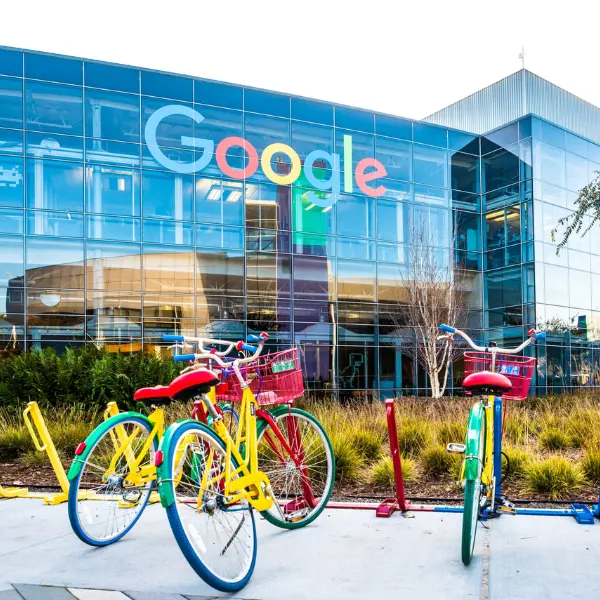
Personalization of Results: In the future, personalized search may require SEO professionals to tailor content for users’ preferences and needs. This increased personalization might necessitate more in-depth user analysis and segmentation from search engines by better understanding people’s likes/dislikes—so that they can serve up something special when individuals come searching. This also means that what may be in a top position for one searcher may not be for another.
Generation of Answers Rather than Displaying:
With Google’s artificial intelligence increasingly generating answers rather than pulling them from websites, digital marketing professionals may need to change their strategies for the content they create to remain relevant and visible. This could mean tailoring content to fit the criteria of an AI’s response and possibly working together with that artificial intelligence (AI) to create better, more accurate information. We expect a significant change to the knowledge graph and the inclusion of multiple sources in the answers being provided.
Increased Transactional Competition: As Google facilitates transactions directly on its platform, businesses and websites may be more competitive. Digital marketers must find new ways to stand out, attract users and drive conversions—possibly by improving user experience, creating unique content or value propositions (or both), and leveraging other marketing channels.
Conversational Optimization: A more conversational search interface would likely make it even more critical for digital marketing experts to optimize content for voice search and natural language queries. This could mean creating content that answers questions directly—and is easier for AI to understand and interpret.
Reporting on New Metrics: Since search engines are constantly changing, digital marketing professionals must stay up-to-date on new metrics that affect how content is ranked. Changes in search engine algorithms like this can significantly impact the popularity of websites, and companies must stay alert to these changes and alter their digital marketing strategies if necessary.
New Focus on Retention and Engagement: With potential advances in artificial intelligence and AI-generated answers, websites will likely need to focus more on user retention and engagement. Google Magi could ultimately mean that websites will need to create more interactive content, improve website design and usability, and offer personalized experiences for each user.

In the era of Project Magi, digital marketing professionals must be able to adapt quickly and find innovative ways to create content for both users and AI-generated responses. But digital marketing has always been in flux, and this shift might be one of the bigger ones we have seen.
Google’s New Search Interface
Google has made a significant change to its search interface, and it’s pretty exciting. Instead of showing you links to relevant websites and letting you click on them, Google will likely show you a personalized interactive chat interface where you can ask questions directly to the search engine. This is much more conversational than before and allows users to get help with their queries in real-time, and may lean more towards speakable searches over typed ones.
Imagine a search interface combining information from several websites, text content, image, and video, in a way that more fully answers what you are looking for. We believe this could be as large a change as voice search had to mobile search. The new system will likely allow users to type natural language into the box or speak it aloud into their phone. This makes it easier than ever for people who aren’t tech-savvy or don’t know how they want their questions phrased—they can just ask what they’re looking for!
19 Things to Know About Google Magi
- Project Magi is a new search engine feature being developed by Google.
- The project’s goal is to provide users with a more personalized and anticipatory search experience.
- A team of 160 engineers is working on Magi.
- The search engine will be AI-powered and more conversational than the current one.
- The development timeline is unclear, with no specific release date announced.
- Magi will learn user preferences based on their searches and offer pre-selected options.
- Transaction-related queries will feature ads on their results pages.
- Google’s Magi AI search will generate answers instead of displaying website content.
- Magi’s name is believed to be inspired by the idea of magic, suggesting a transformative search engine.
- Magi uses AI to understand natural language queries and provide relevant results.
- Content personalization will become more critical in the Magi era.
- Increased competition may require businesses to improve user experience, offer unique content or value propositions, and leverage other marketing channels.
- Magi could potentially change the focus of SEO from website optimization to AI collaboration.
- User engagement and retention will become increasingly important for websites as AI-generated answers become more prevalent.
- Magi uses machine learning algorithms to analyze and interpret the intent and context of user queries.
- The project reflects Google’s ambition to stay ahead in the search industry and compete with AI-driven search engines like ChatGPT.
- Magi’s development may lead to more in-depth user analysis and segmentation to create targeted content.
- Google aims to make transactions more seamless by allowing them to happen directly on its platform, such as purchasing products or booking hotels and flights.
- Although ads will still be present, the ad model may eventually shift toward a cost-per-acquisition (CPA) model.
Google’s Project Magi Will be a Significant Change to Search
Google Project Magi is a big change, and the implications are significant, but it will benefit users overall. It will help Google better understand what people want and make their search results more accurate, which is something everyone can get behind. The developers of the new interface say that it will be easier for users to find what they need on mobile devices without typing in long strings of text or navigating through lots of menus before finding the information they want.
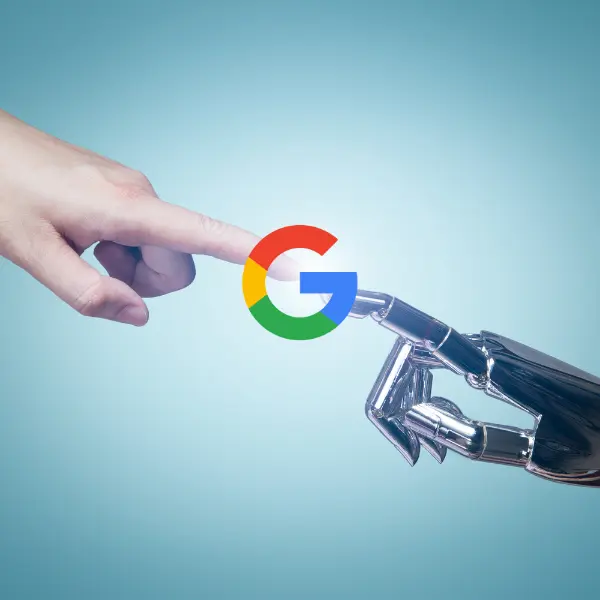
Ready to Grow Your Search Engine Results?
Let Digital Results assist you in your SEO strategy and help
deliver the search engine results you need.


